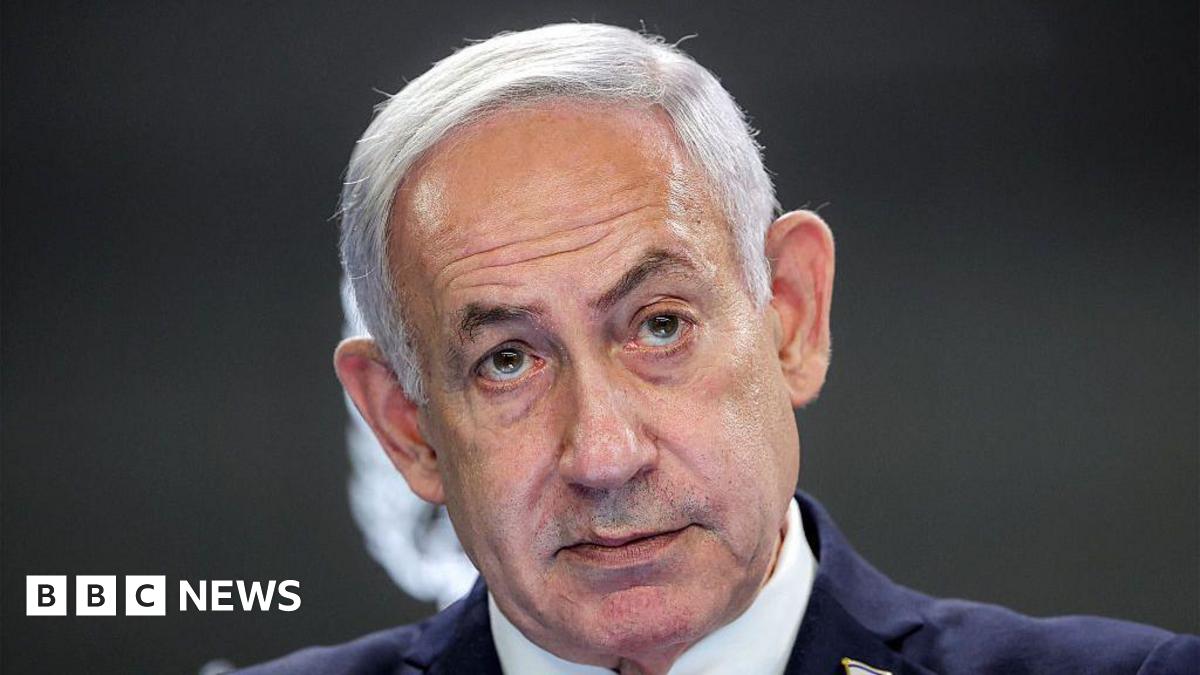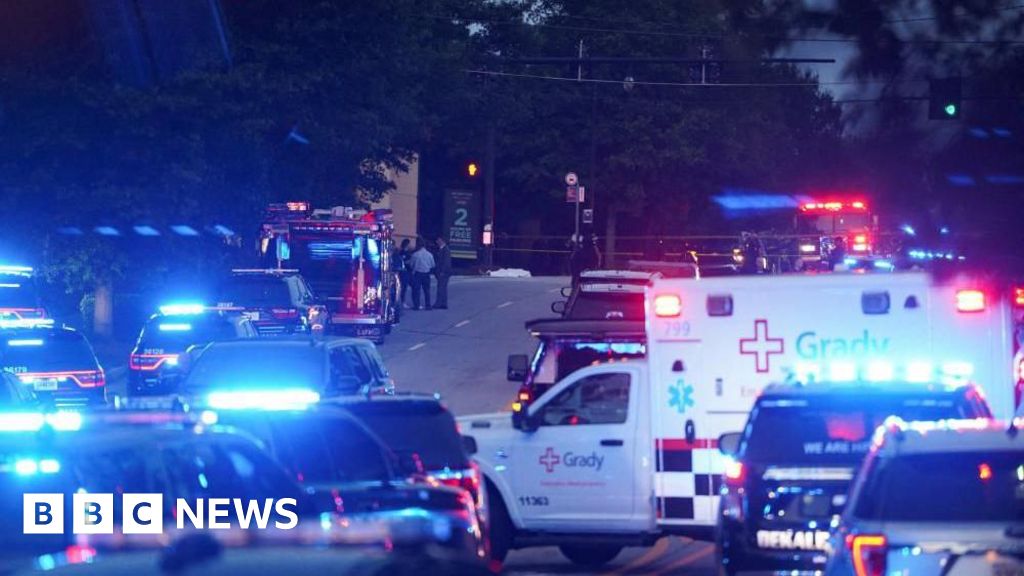Netanyahu Shifts Strategy: Gaza Talks Now Aim for Immediate Release of All Hostages

Netanyahu Shifts Strategy: Gaza Talks Now Aim for Immediate Release of All Hostages
Recent developments in the ongoing negotiations for a ceasefire in Gaza indicate a significant shift in Israel's approach. Prime Minister Benjamin Netanyahu has signaled a move away from the previously proposed phased release of hostages and is now prioritizing a comprehensive deal aimed at securing the immediate release of all remaining hostages held in Gaza. This represents a notable change in strategy and could potentially impact the timeline and outcome of the ceasefire talks.
For weeks, discussions had centered around a 60-day truce, coupled with the gradual release of living hostages. This plan involved a step-by-step approach, with the release of hostages contingent on adherence to the ceasefire terms. However, Netanyahu’s recent comments suggest a desire for a more decisive and immediate resolution to the hostage crisis.
What Led to This Change?
Several factors may have contributed to this strategic shift. Internal pressure within Israel, particularly from families of the hostages, has been mounting, demanding a more aggressive approach to secure their loved ones' release. Additionally, recent intelligence reports and assessments of Hamas’s capabilities may have influenced Netanyahu’s decision-making process. The political landscape in Israel is also complex, with upcoming elections potentially playing a role in the government's approach to the negotiations.
Implications for the Ceasefire Talks
The move towards a comprehensive hostage release deal has significant implications for the broader ceasefire negotiations. While a full release of hostages could pave the way for a more sustainable and lasting truce, it also presents considerable challenges. Hamas has consistently demanded concessions in exchange for the release of hostages, including the release of Palestinian prisoners held in Israeli jails and a withdrawal of Israeli forces from Gaza. Securing an agreement that satisfies both sides’ demands will require significant diplomatic efforts and potentially, creative solutions.
The Role of International Mediators
Qatar, Egypt, and the United States continue to play crucial roles as mediators in the ongoing negotiations. These countries are working tirelessly to bridge the gap between Israel and Hamas, facilitating communication and exploring potential compromises. The success of the talks will depend heavily on the continued engagement of these international actors and their ability to find common ground between the conflicting parties.
Looking Ahead
The shift in Israel's strategy underscores the complexity and volatility of the situation in Gaza. While the immediate release of all hostages remains the primary focus, achieving a lasting ceasefire will require addressing the underlying issues that fuel the conflict. The coming days and weeks will be critical as negotiators work to reach a comprehensive agreement that can bring an end to the violence and pave the way for a more peaceful future. The world watches with anticipation, hoping for a swift and positive resolution to this humanitarian crisis.





